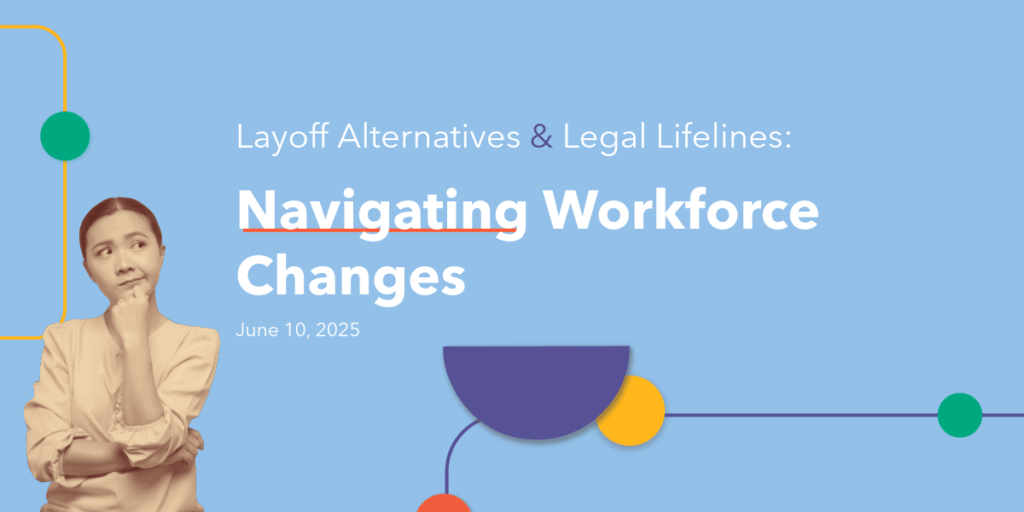[vc_row][vc_column][vc_column_text css=”.vc_custom_1583177601522{margin-bottom: 0px !important;}”]Let’s not be diplomatic: finding your first job sucks.
Employers are risk-averse, valuing proven experience above all else. This makes things hard when you’re applying to an entry level position, especially right out of school. After all, how can you grow your job-relevant skillsets if you don’t have a job yet? While you probably can’t change an employer’s discomfort with risk, there are certain things you can do to show your future boss that you’re a safe bet.
We’re not a placement firm, but for over a decade we have helped our clients hire so these insights for new grads are reflective of our cumulative knowledge of the employer-side of the job search process. Hope it helps!
The Searching Phase
In interviews, try to demonstrate your knowledge to show that you’ll be a good fit. How? Read about the company, browse their social media and connect the values you’re seeing to traits you have.
Employers want guarantees that you’ll work hard, learn fast, and adapt to their culture. Show them how you’ve done this in past experiences and get your references to speak to these as well.
Be dependable. When it comes to the professional work world, being reliable is huge. If you’re someone who struggles with this, begin taking small steps to change your habits. Leave 10 minutes early, reply to those messages you’ve put off, etc.
Target roles that match your interests.
With each application, adjust your resume to better match the job requirements (don’t lie – a guaranteed job killer – just emphasize what is aligned over what isn’t. And don’t send the same resume out to everyone – go custom!). Use the cover letter to fill the gaps between your resume and the role. Also take the cover letter as an opportunity to explain why an apparent weakness is actually a strength. For example, you may lack for years of experience, but your sincere desire to learn would bring vigor and a positive attitude to their team, etc.
You’ve probably heard this one before but we’re saying it anyways because it’s true: treat the job search process like a job. If you’re unemployed, spend 8 hours a day 5 days a week customizing your resume, writing cover letters and networking (strategically – see below). If you’re part-time, spend any remaining time doing this that you can. A schedule can help you maintain this level of dedication so don’t be afraid to book these activities into your calendar.
Tip: if a job has a deadline, apply as soon as you can – don’t wait for it as often interviews start before the deadline passes.
Tip: check everything twice. Find that typo!
Tip: Volunteer work and internships help build out your experience. But don’t get taken advantage of.
Relax
The hiring process can be intense, difficult and emotional. So, don’t forget to relax.
There are going to be things out of your control. The best way to embrace this is to approach each interview as a learning experience. Yes, you are hoping to get a job out of it, but the underlying goal should be to learn something from each interview. If you didn’t get the job, you still got an experience that can help you grow for future interviews, one way or another.
Likewise remember it’s not you, it’s them (most of the time). This is because hiring managers are filling specific roles and have specific ideas of what they want. You could have been a good fit except for not having skill A or experience B or could have all the right skills but not fit in culturally; this doesn’t mean you failed. This doesn’t mean you should tare yourself apart. It just means that it may have not been the right opportunity for you. Again, Relax. It’s a learning experience. Move on to the next opportunity.
Networking & the Interview
A contemporary way to network is to utilize LinkedIn; pair applying for a job on LinkedIn with a reach out to the hiring manager (often listed on the job posting).
Likewise, be strategic about networking. There are countless ways to connect these days, so prioritize events and efforts that match your career goals. Another tip: in-person networking events are worthwhile, but cold calling companies not actively hiring is definitely not.
Be yourself in the interview. Employers are also your future co-workers, so it will serve you in the long run to be yourself from the get-go. Be relaxed, personable and be you (easy advice to type, not always easy to do in the moment – try as best you can!) while still of course being professional, it is a job interview after all.
The above recommendations will also aid you in this next one: treat each interview as an opportunity to network.
I’ve had interviewees really connect with my clients and leave a good impression, so while they may not have gotten that particular job the employer remembers them for future positions. I’ve even seen employers recommend someone they didn’t hire to a friendly company who did hire the person (and made a few of these recommendations myself).
You’ve Got the Job, Now What?
Remember your job hunt doesn’t end on your first day, so show your employer that you can and will continue to grow. You can do this by embracing new opportunities and work to increase the scope of your role. Spend some extra time learning things that are new to you to demonstrate that desire to learn you made sure to reference in your interview.
It’s important to know that in Ontario employers have wide leeway to terminate your employment without cause in your first 3 months. This is not meant to scare you. More often than not you’ll be okay if you work hard, demonstrate a willingness to learn, have a good attitude and are dependable. But treat the first three months of your employment as an extended interview. Show your new employer what you can do!
Finally, try not to be a ‘jumper’ early in your career. Employers notice when you only work for a company for a year or less at a time. Put the time in now to avoid complicating future job searches. This is also why it’s important to initially target roles that match your interest, as we discussed above. If life happens and on paper you appear to be said ‘jumper’ the cover letter is a good opportunity to professionally explain why.
And Remember That…
Everyone goes through the struggle of landing a first job, yet eventually we do find one. Having recruited for thousands of positions over the last decade+, we are confident these recommendations will help alleviate some discomfort from the searching process. But ultimately, you’ve got this.
About the Author
Forrest Donaldson is an HR Business Partner here at Business Sherpa Group. He has spent the last few years focusing on recruitment and truly enjoys sharing his knowledge on the subject. You can find out more about Forrest or how the Managed Recruiting process works for employers below.[/vc_column_text][mk_contact_info email=”fdonaldson@businesssherpagroup.com”][/vc_column_inner][/vc_row_inner][/vc_column][/mk_page_section]










